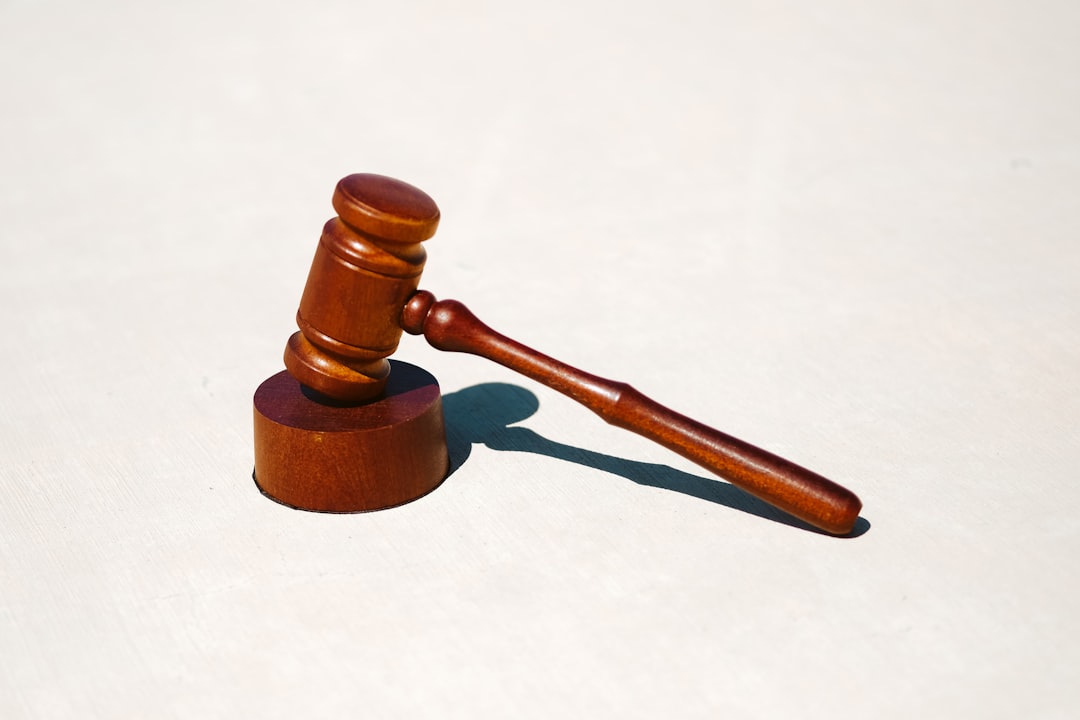A rape attorney in Connecticut is vital for navigating complex legal definitions and evidence requirements in sexual assault cases. They guide clients through consent issues, physical & forensic evidence, witness testimonies, and digital media, ensuring all relevant pieces are presented effectively to strengthen the case. These attorneys uphold victims' rights, collect and present crucial evidence, cross-examine witnesses, and challenge inadmissible proof, aiming for favorable outcomes in Connecticut's legal system.
In Bridgeport, Connecticut, proving a rape case requires robust and compelling evidence. This article delves into the legal definition of rape and the types of evidence needed to support such allegations, with a focus on Connecticut’s requirements. Understanding the role of a skilled rape attorney is paramount in building a strong case, ensuring justice for victims. From medical records to forensic evidence and witness testimonies, this guide explores what constitutes substantial proof in rape trials, emphasizing the expertise of a rape attorney in Connecticut.
Understanding the Legal Definition of Rape in Connecticut

In Connecticut, rape is defined as any sexual act committed using force or fear, without the consent of the victim. A rape attorney in Connecticut will guide you through the intricate legal definition and the evidence required to prove this crime. The state recognizes various forms of non-consensual sex acts, including vaginal, oral, and anal penetration, as well as other intimate activities when there is no mutual agreement. Understanding what constitutes consent is crucial; it’s when one party lacks the ability or willingness to agree that an act becomes rape. A rape attorney will delve into these nuances to help build a strong case for their client.
Types of Evidence Required to Support a Rape Allegation

In order to prove a rape case in Bridgeport, several types of evidence are required to support the allegation. The strength of a rape case often hinges on physical and forensic evidence collected at the scene or soon after the incident. This can include medical records detailing any injuries or sexual assault examinations, which can provide evidence of sexual contact or violence.
Additionally, witness testimonies play a crucial role in many rape cases. Anyone present during or immediately following the alleged attack can offer valuable insights. Furthermore, digital and social media evidence may be relevant, as text messages, emails, or online interactions could contain admissions or circumstantial information related to the incident. A rape attorney in Connecticut will guide their client through gathering and presenting these various pieces of evidence effectively to ensure a strong legal case.
The Role of a Rape Attorney in Building a Strong Case

In a rape case, the role of a skilled rape attorney is invaluable. They are legal experts who understand the intricate details and complexities surrounding sexual assault cases. A rape attorney in Connecticut will guide clients through every step, ensuring their rights are protected and a strong case is built.
These attorneys gather and present evidence, including medical records, forensic reports, witness testimonies, and any other relevant data that can corroborate the victim’s story. They also cross-examine prosecution witnesses, challenge inadmissible evidence, and present a compelling defense strategy. A rape attorney’s knowledge of Connecticut’s legal system and their dedication to advocating for justice are crucial in achieving a favorable outcome.






